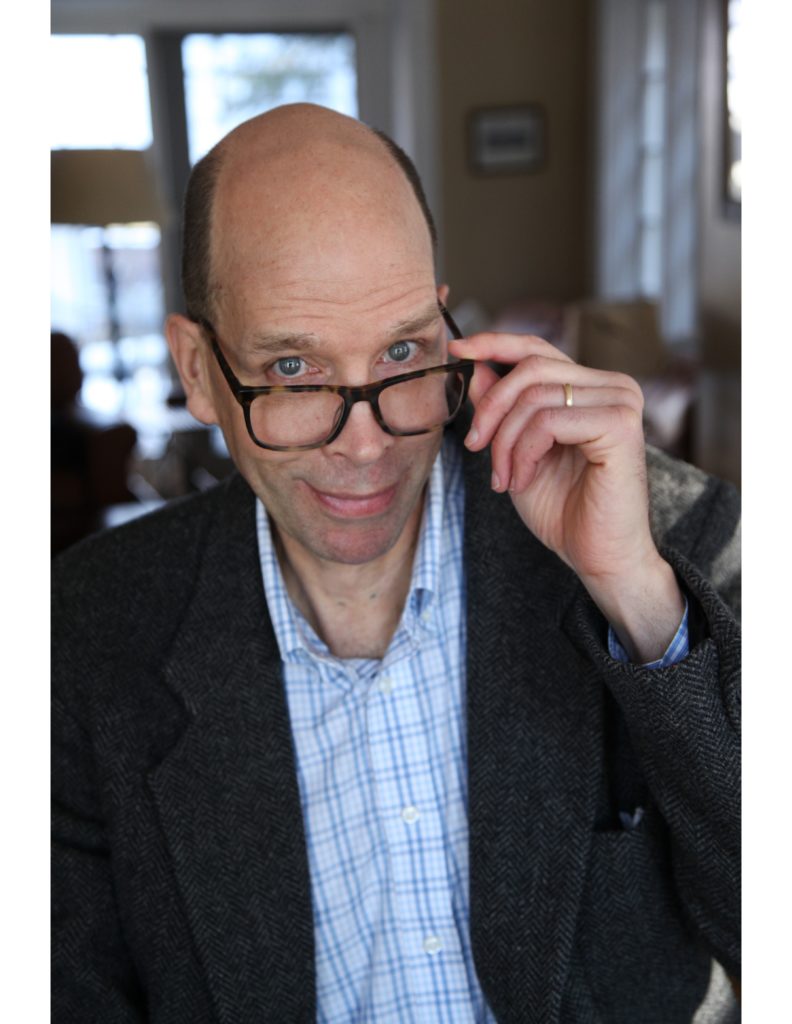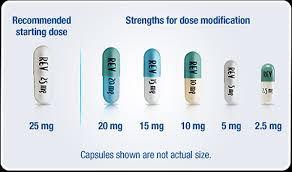Leave a Comment:
9 comments
[…] Multiple Myeloma Chemotherapy- More Is Not Better- […]
Reply[…] Multiple Myeloma-More Chemo Is Not Better- […]
ReplyI had a SCT for MM in Sept 2015. Still do not feel well since transplant, tired, back & hip pain, neuropathy in feet. Good news I am here to see my grandson grow up another year. I was diagnosed in 2012 had traditional chemo & radiation almost died from it. Went to Dr Forsythe in Reno NV had 6 week holistic treatment with him and felt great. In remission for 18 months than MM came back strong and Kyprolis got me well enough for transplant but I have never felt well again like I did with that first remission. I currently take Revlimed and Norco for pain trying to ween myself of Norco. I also take an aspirin daily to prevent blood clots from Revlimed. I also get Zomeda monthly for bone strength. I just want to feel well is that possible or am I resigned to spend the rest of my life feeling sick? Also have horrible hot flashes. Any help will be appreciated. I am 61 yo and my father died from MM 16 years ago. Thanks Karen
ReplyHi Karen-
I am sorry to read of your MM diagnosis and related pain. Focusing on the “good news” is a proven therapy. By saying that your initial chemotherapy almost killed you indicates that your body simply has a difficult time managing the toxicity of chemotherapy. This is common BTW.
Frankly low-dose maintenance Revlimid causes pain as does Zometa. Revlimid can cause nerve pain and Zometa can cause cause joint pain.
My suggestion is to consider Integrative therapies, as well as supplements that have been shown to be cytotoxic to MM. Two things. Certain integrative therapies have been shown to both enhance the efficacy of a given chemo while some can reduce toxicity.
An example in your case would be curcumin. I will email you the Integrative therapies guide vie your email address. At the same time you can consider lowering the dose of Revlimid. Even “low-dose” can be lowered.
I will outline MM cancer coaching in the email.
David Emerson
Reply[…] Multiple Myeloma is Expensive-Understand when Less is More […]
ReplyI was diagnosed with MM in March of 2016. Genetic testing revealed an abnormality, deficiency of p17 chromosome, i.e, high risk. I had 4 VRD treatments prior to an autoglous stem cell transplant. Currently I am in remission, blood levels normal, bone marrow biopsy negative, urine protein normal. My oncologist at MD Anderson recommends maintenance with Ixazomib, Revlimid, and Dexamethasome. Alternatively he says there is a clinical trial that I could possibly do with Elotuzumab and Revlimid. I questioned him about curcumin and he doesn’t recommend it in addition to chemo or as an alternative maintenance therapy. I also questioned him if he would recommend the clinical trial, which is and infusion therapy,over the first option, which is all pills. He said there is not enough data to make a recommendation. If you were in my shoes, what would you do. I realize the decision is up to me, but I would like to get an opinion from a different source. Thank you for your assistance and your dedication to helping folks with a grim prognosis for the future. I am 59 years of age and had my stem cell transplant in October of 2016.
ReplyHi Earl-
I want to attach some info in my reply to you so I am going to email you separately.
David Emerson
ReplyI was wondering what you could tell me to help my mother. She was diagnosed with MGUS over three years ago and it has progressed to MM. She is seeing an oncologist every three months for blood work and we have been to MD Anderson and chemo was recommended. She suffered a compression fracture in her back this past summer and it was confirmed to be from MM. After all of the tests, they said she doesn’t have any more lesions on her bones but she is anemic. MD Anderson said her MM is non-aggressive. She is on an all organic diet, high protein, taking tumeric, pancreatic enzymes and a bunch of other vitamins but no prescription meds. Any recommendations for her? Thanks.
ReplyHi Connie-
I am sorry to learn of your mom’s MM diagnosis. However it is good to read that her MM is non-aggressive.
Your challenge is to weigh the risks and benefits of toxic therapy and your mom’s MM. MDAnderson is an excellent cancer center though they are sure to push the importance of chemotherapy. As a long-term MMer myself I live an evidence-based, non-toxic, anti-MM lifestyle through nutrition, supplementation, detoxification, bone health and mind-body therapies. Again, all evidence-based.
Before I outline any recommendations may I ask you a few questions about your mom’s situation?
What is the status of her spine? Did she undergo any radiation to the lesion at the site of the compression fracture? Has her oncologist recommended any bone strengthening therapies?
Have you or your mom been given a stage for her MM? Non-aggressive is not a stage. Bone damage and anemia are two symptoms but did the tests you refer to speak of her “m-protein” or blood levels of MM?
How old is your mom? What are your goals- such as length of life or quality of life? The two aren’t mutually exclusive of course, but the goals of the 40 year old newly diagnosed MMer may differ than those of the newly diagnosed 70 year old MMer.
Thanks and let me know.
David Emerson
Reply



